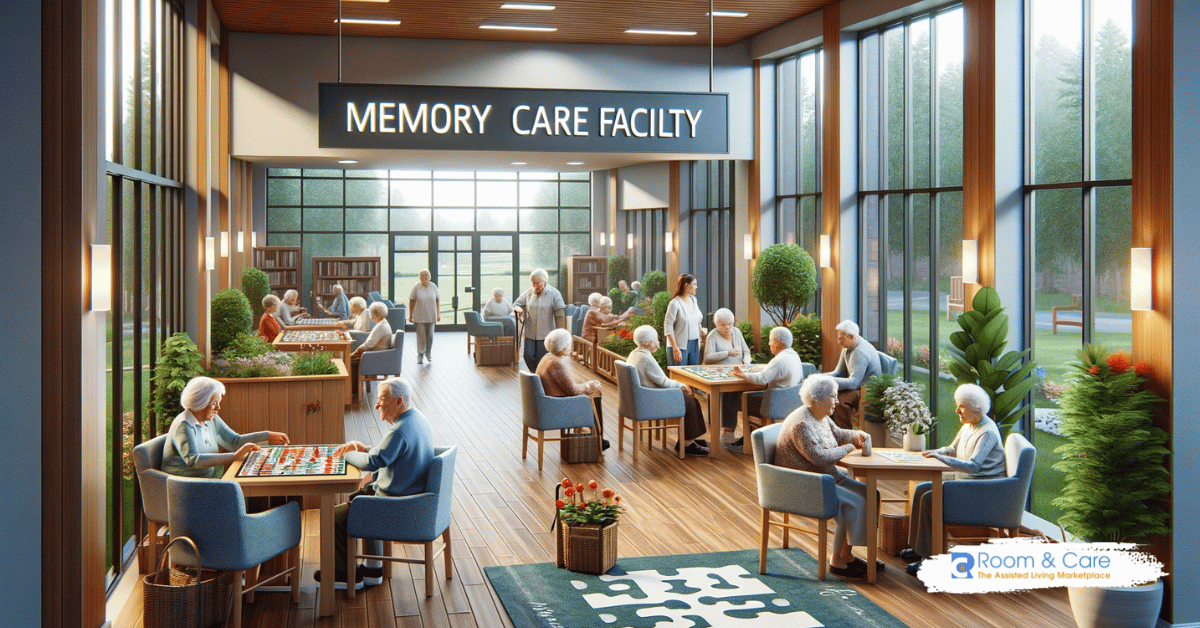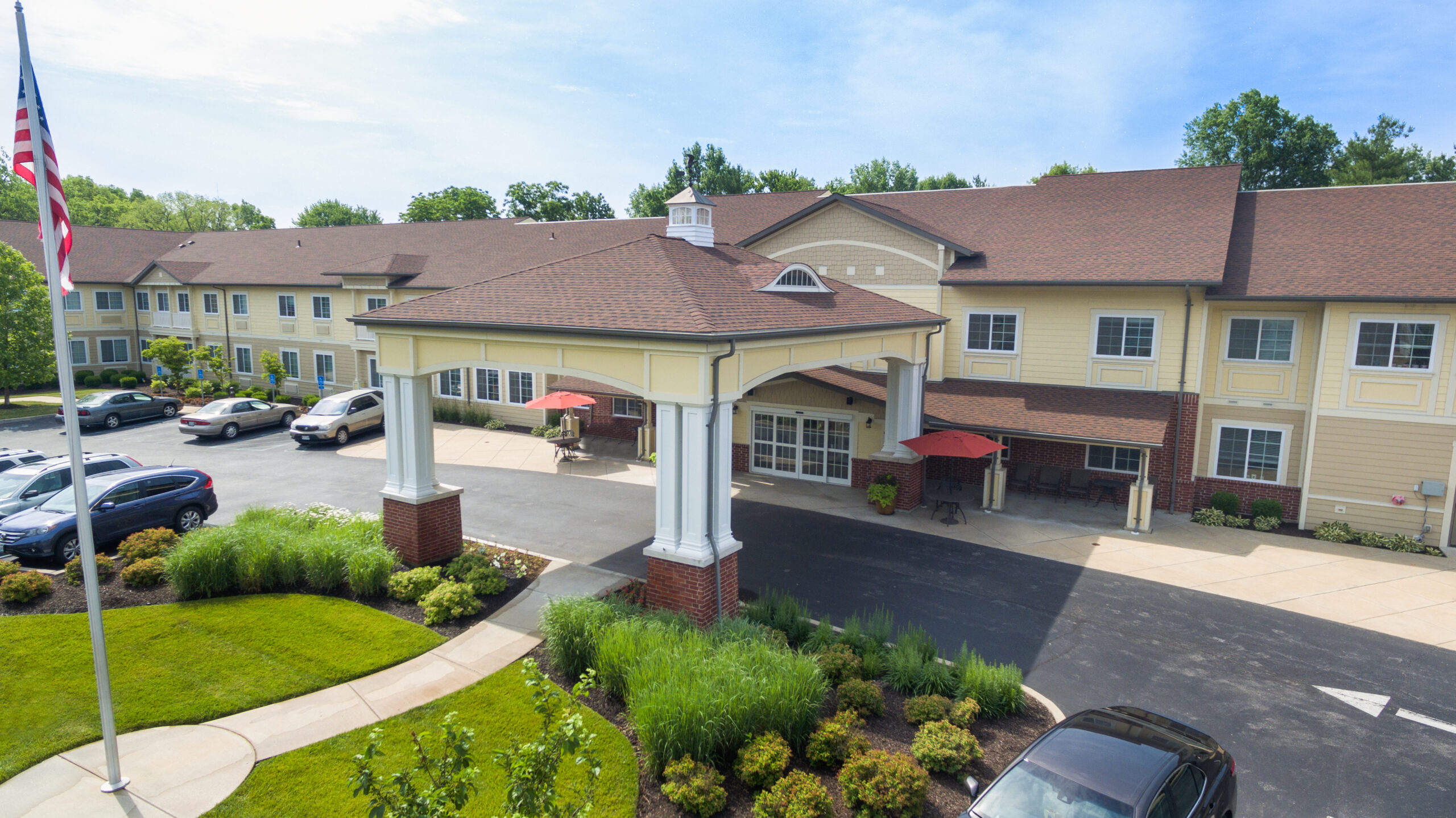Developing a Safe and Helpful Atmosphere for Alzheimer's Treatment
The creation of a helpful and safe setting for individuals with Alzheimer's is paramount in enhancing their quality of life. Exploring these complex approaches can expose essential insights right into effective caregiving methods that might transform the daily experiences of both caregivers and individuals.
Comprehending Alzheimer's Requirements
Often, individuals with Alzheimer's condition display a variety of demands that require tailored methods to care. As the condition progresses, cognitive decrease manifests in different methods, impacting memory, reasoning, and also the ability to perform daily tasks. Caretakers have to recognize these developing requirements to offer appropriate assistance and make sure a higher quality of life for those affected.
One vital aspect of understanding Alzheimer's demands is acknowledging the importance of routine and knowledge. People frequently locate convenience in well-known patterns, which can lower anxiousness and confusion. Caregivers ought to strive to produce structured day-to-day timetables that integrate significant activities lined up with the individual's capacities and passions.
In addition, efficient communication is paramount. Individuals with Alzheimer's might struggle to share themselves or comprehend complex language. Caregivers ought to use easy, clear language, use non-verbal signs, and technique active paying attention to foster understanding and connection.
Finally, social and psychological demands can not be neglected. Offering possibilities for social communication and keeping partnerships can considerably improve psychological health. Caregivers must urge engagement in community tasks or family members events, advertising a sense of belonging and purpose. Comprehending these varied requirements is essential for producing a supportive treatment atmosphere.
Creating a Safe Home
Producing a safe home for people with Alzheimer's disease is vital to reducing risks and advertising freedom. The style of the space must focus on security while enabling personal convenience. First, eliminate potential dangers such as loose rugs, sharp things, and mess, which can cause falls or accidents. Ensure that paths are well-lit and clear, as appropriate illumination lowers disorientation and improves movement.
Incorporating adaptive attributes is likewise essential. Set up grab bars in restrooms and near staircases, and think about using non-slip mats in damp locations. Furthermore, making use of contrasting shades for walls and floorings can aid in identifying spaces, aiding to mitigate complication.
Knowledge is very important for individuals with Alzheimer's. Customizing the setting with familiar items and pictures can enhance a sense of belonging and protection - Alzheimers Care Charlotte. It is likewise valuable to have an assigned location for daily tasks, such as analysis or crafting, which can provide structure to their day
Finally, implementing a safe and secure outdoor area permits for safe exploration while getting in touch with nature. By attentively designing the home setting, caretakers can considerably improve the lifestyle for people living with Alzheimer's illness.
Enhancing Communication Abilities

Non-verbal interaction, consisting of faces, gestures, and touch, plays an essential role in sharing compassion and understanding. Preserving eye contact and a tranquil temperament can boost the comfort level of the person, promoting a sense of safety.
Furthermore, it is essential to exercise active listening. This involves being totally present, showing patience, and allowing the individual to express themselves without disturbance. Repeating may be essential; caregivers should be prepared to take another look at inquiries or subjects, as individuals with Alzheimer's might struggle with memory recall.
Additionally, using aesthetic help or cues, such as photographs or familiar items, can facilitate acknowledgment and engagement. Inevitably, boosting communication abilities is about constructing trust and developing an environment where people feel heard, valued, and recognized, thus improving their quality of life.
Urging Social Communication
Cultivating meaningful social communications can significantly boost the well-being of people with Alzheimer's condition. Involving with others not just helps combat feelings of isolation however additionally stimulates cognitive function and psychological wellness. Structured social tasks, such as group crafts, games and arts, or music therapy, produce possibilities for residents to get in touch with peers and caretakers, which can cause boosted mood and minimized anxiety.
Creating an inviting setting that motivates socializing is essential. This can be attained by arranging communal spaces go to my blog that promote interaction, such as cozy seating areas or activity rooms. Furthermore, integrating acquainted and culturally appropriate activities can trigger memories and urge participation, enabling individuals with Alzheimer's to really feel more linked to their previous experiences.
Additionally, caregivers ought to be trained to identify and advertise social engagement amongst citizens. By prioritizing social communication, we can dramatically enhance the lives of those living with Alzheimer's, fostering a feeling of community and belonging.
Sustaining Caregiver Well-being

To sustain caregivers, organizations need to offer regular training and academic sources to improve their understanding of Alzheimer's illness and caregiving strategies. Providing access to break treatment services enables caretakers to take essential breaks, reducing tension and tiredness - Alzheimers Care Charlotte. Furthermore, cultivating a neighborhood via support system can facilitate emotional sharing and the exchange of useful guidance among caregivers, developing a network of common assistance
Psychological wellness sources, such as counseling solutions, can likewise be crucial in addressing the psychological toll caregiving can take. By focusing on caretaker wellness, we develop a more sustainable caregiving environment that not only benefits the caregivers themselves yet additionally boosts the total top quality of treatment gotten by individuals with Alzheimer's. Ultimately, supporting caregivers is an essential part in cultivating a efficient and compassionate care setup.
Final Thought
Finally, the creation of a encouraging and safe setting for people with Alzheimer's is important to boosting their high quality of life. By focusing on safety through thoughtful layout, promoting psychological health with familiar elements, and advertising interaction through structured regimens, caregivers can substantially affect the total experience of those influenced by this condition. Moreover, sustaining caregiver well-being is essential, as it ultimately adds click now to a more reliable and caring care atmosphere.
Rep may be essential; caregivers need to be prepared to revisit subjects or questions, as people with Alzheimer's may have a hard time with memory recall.
